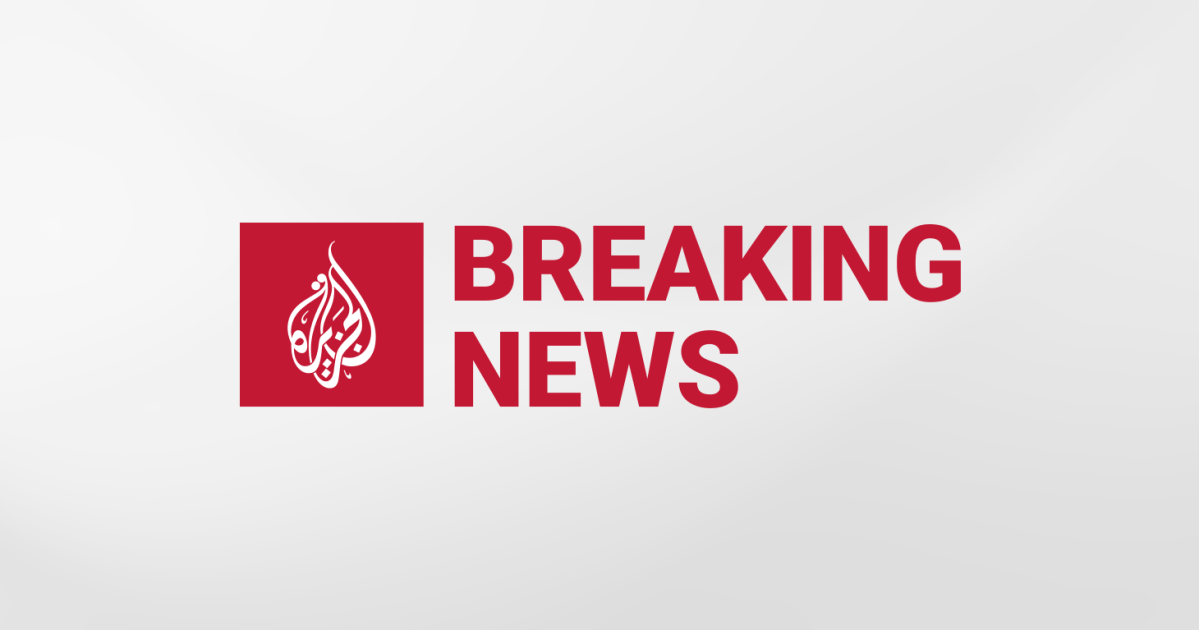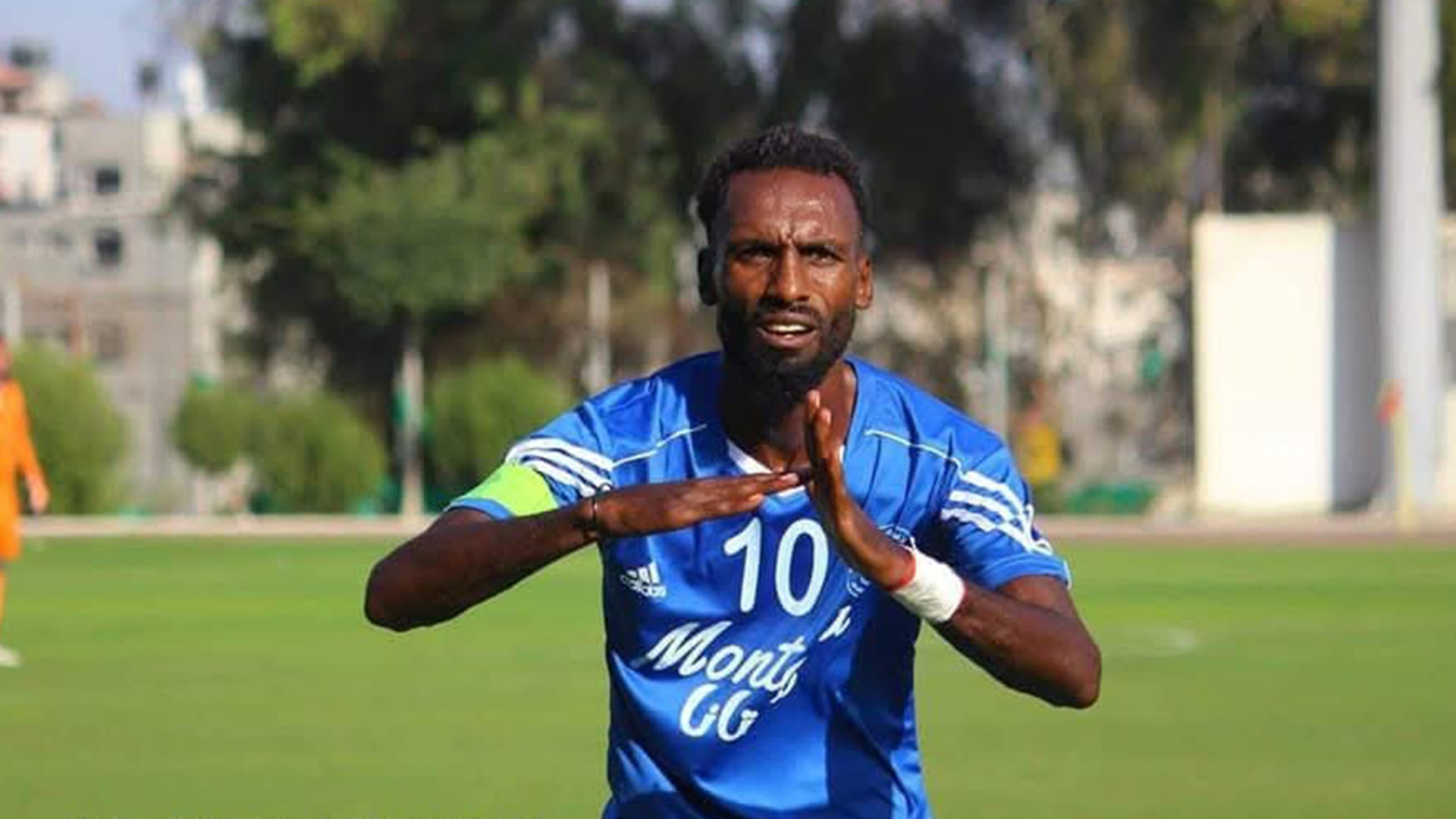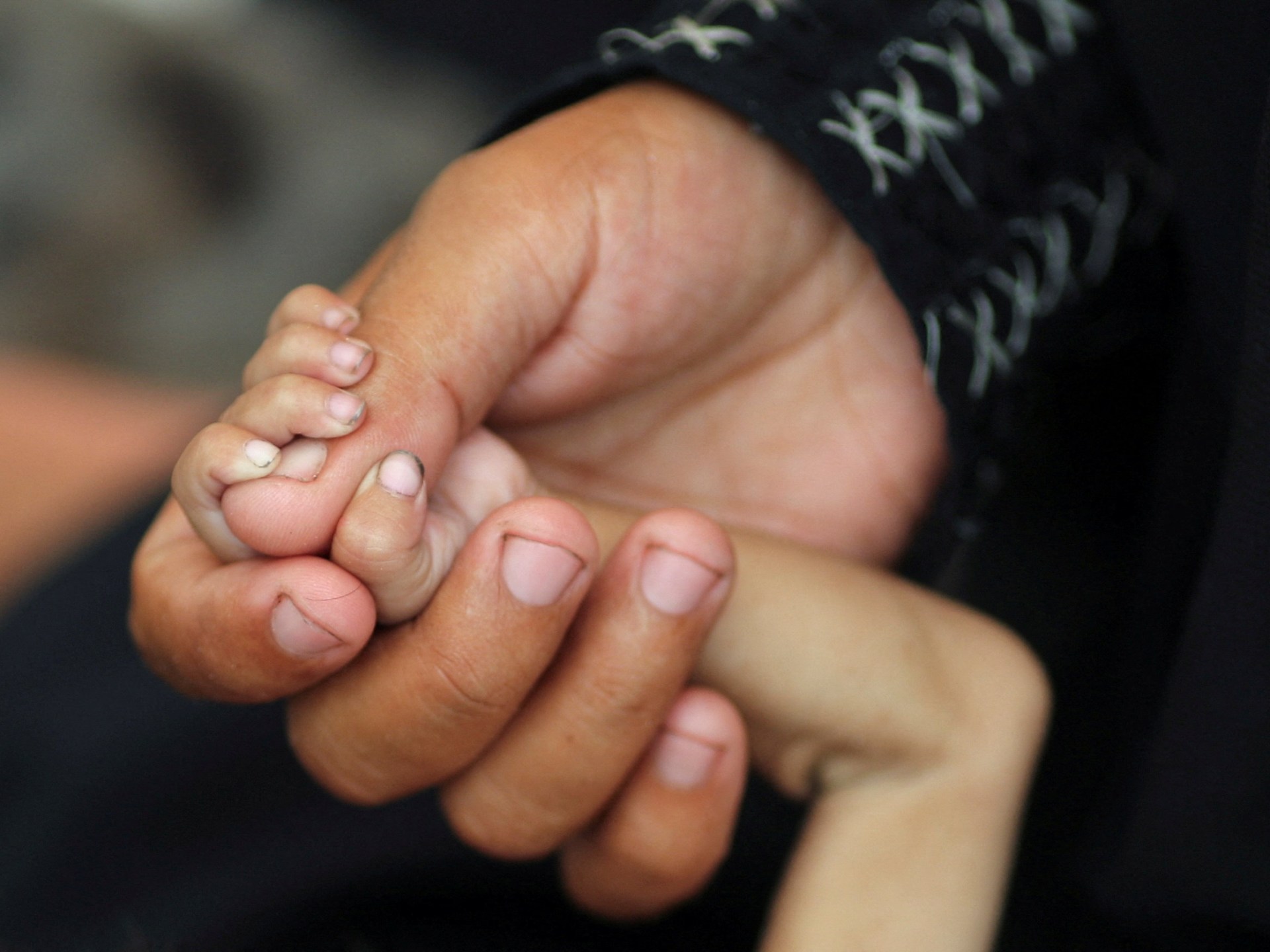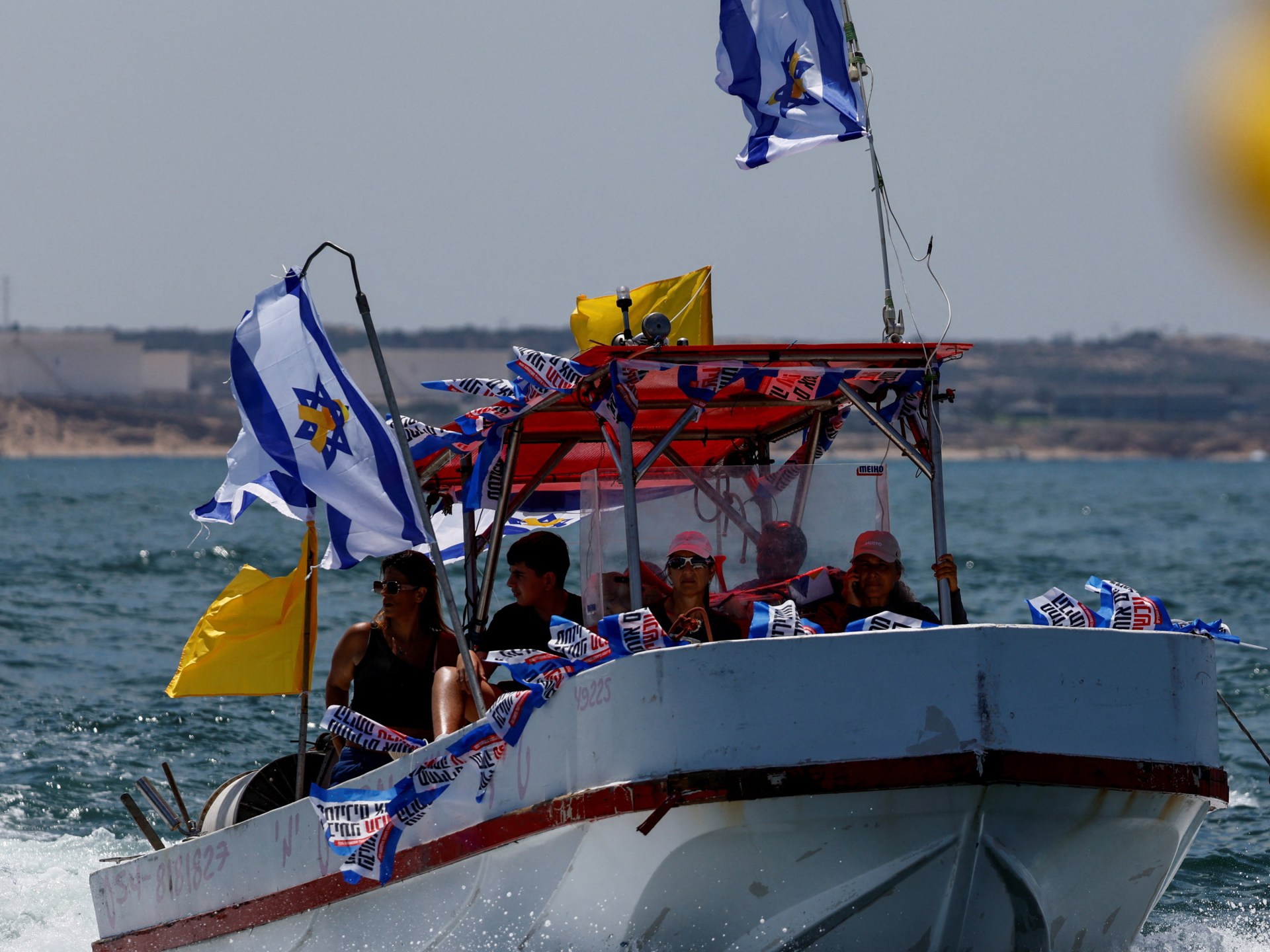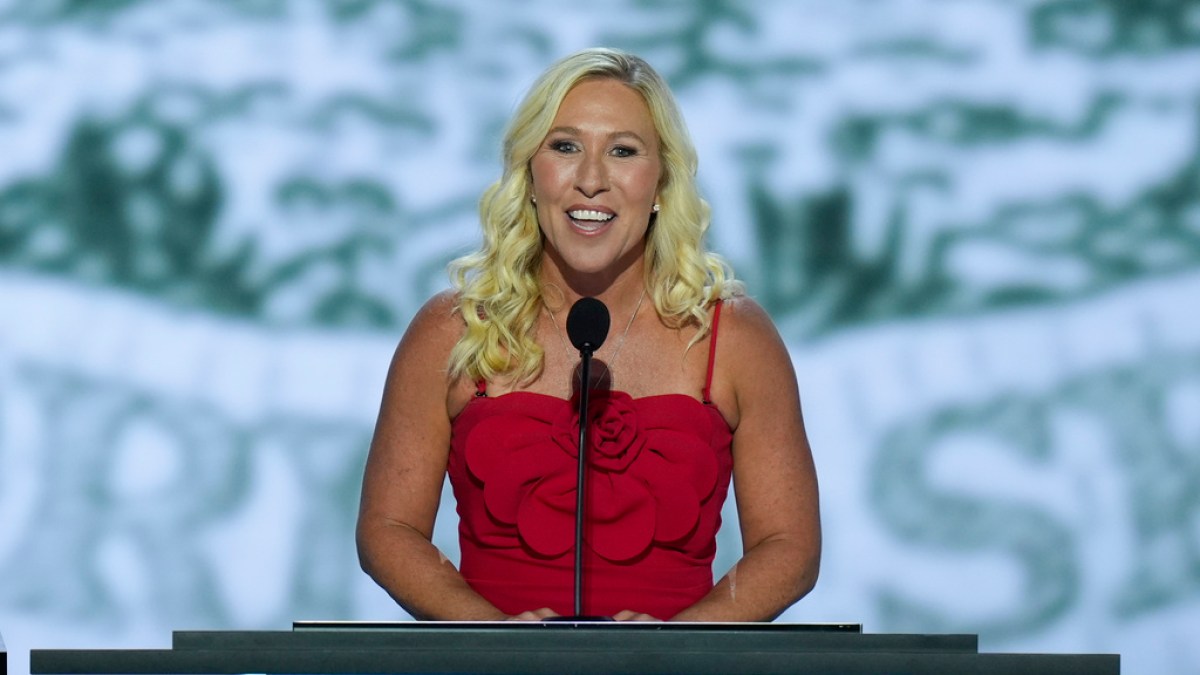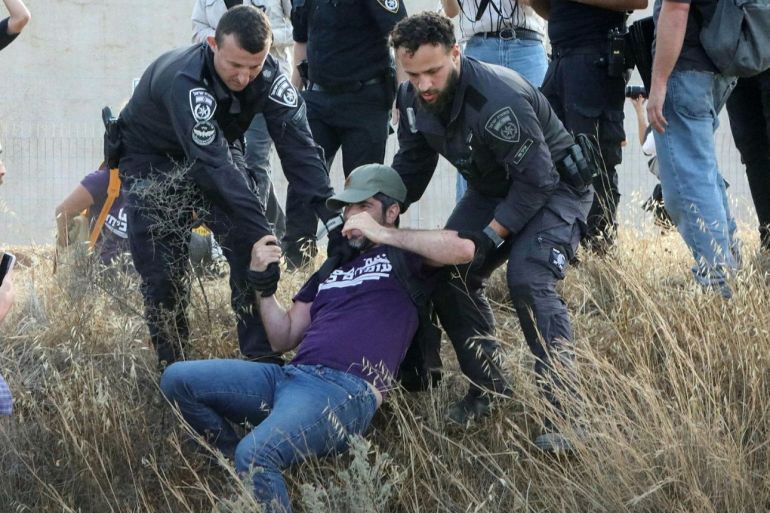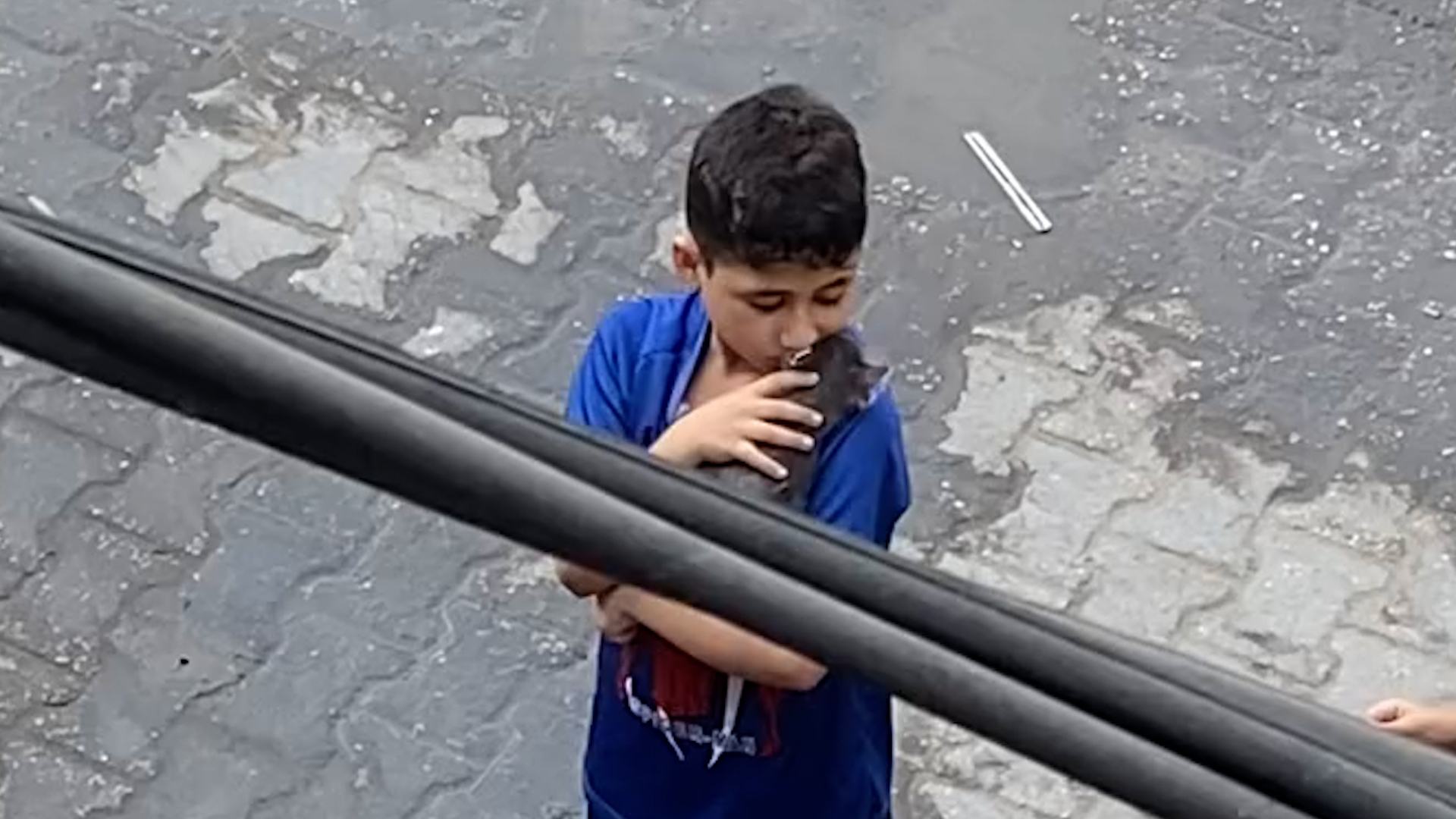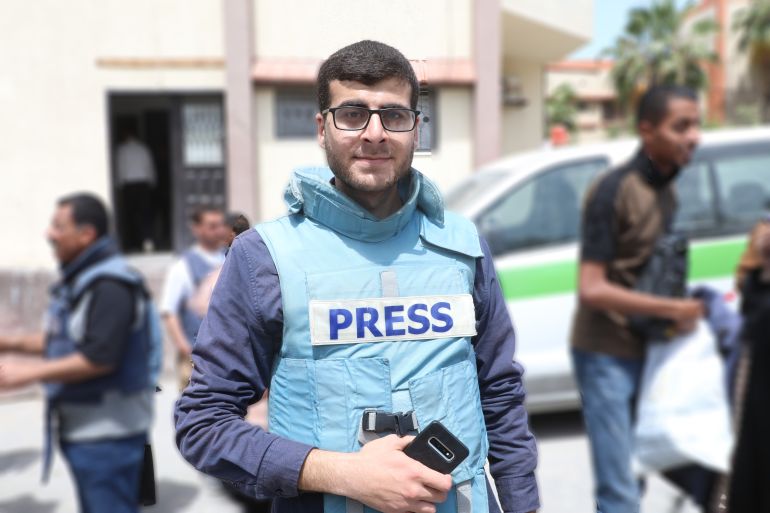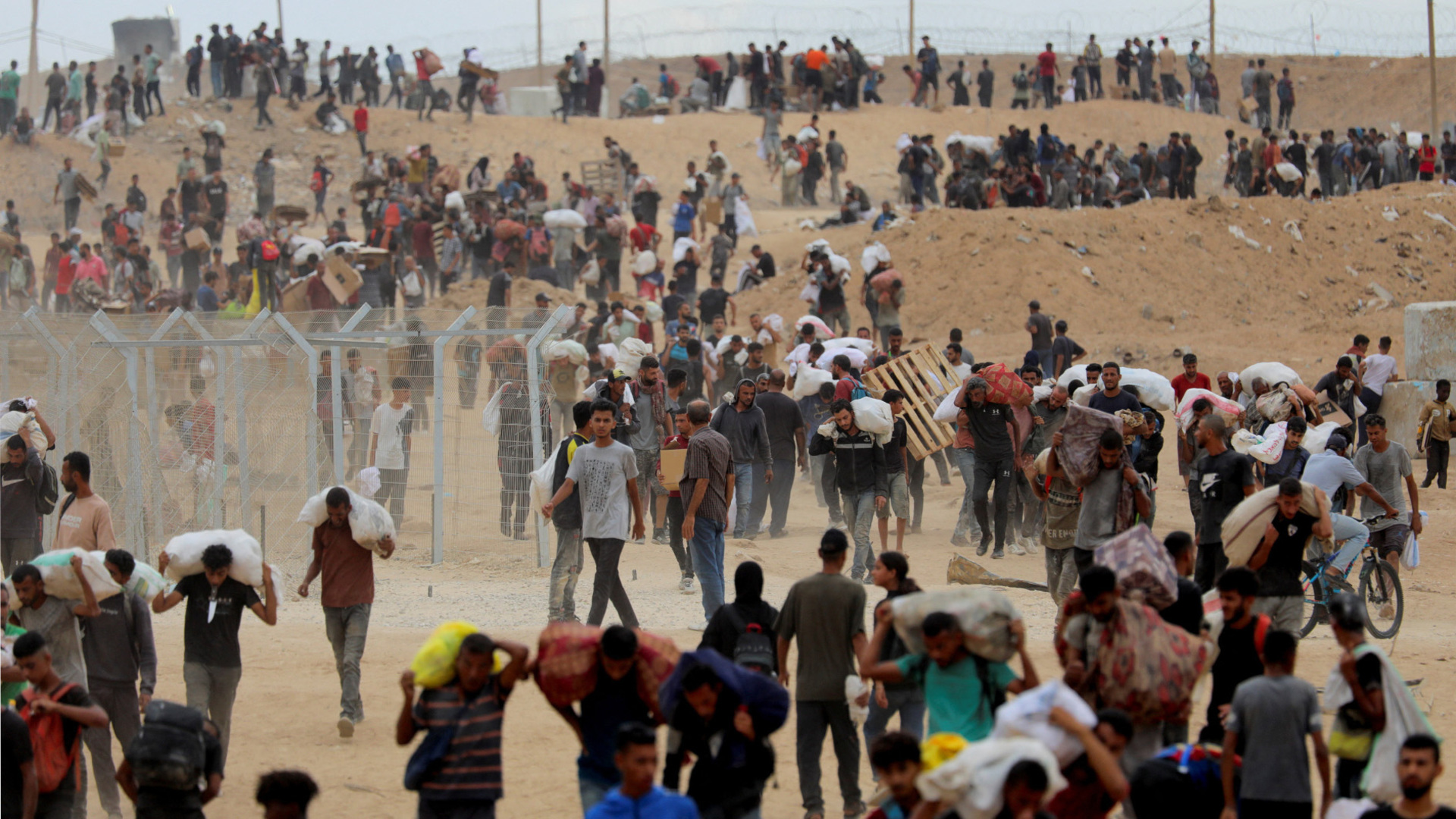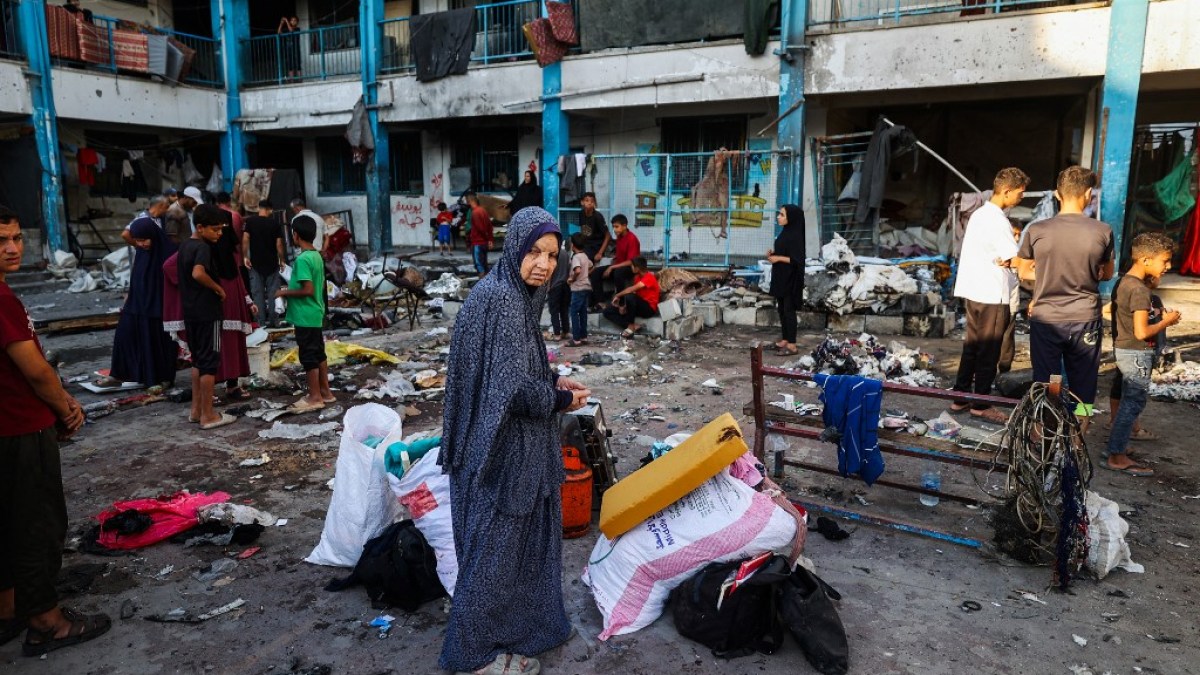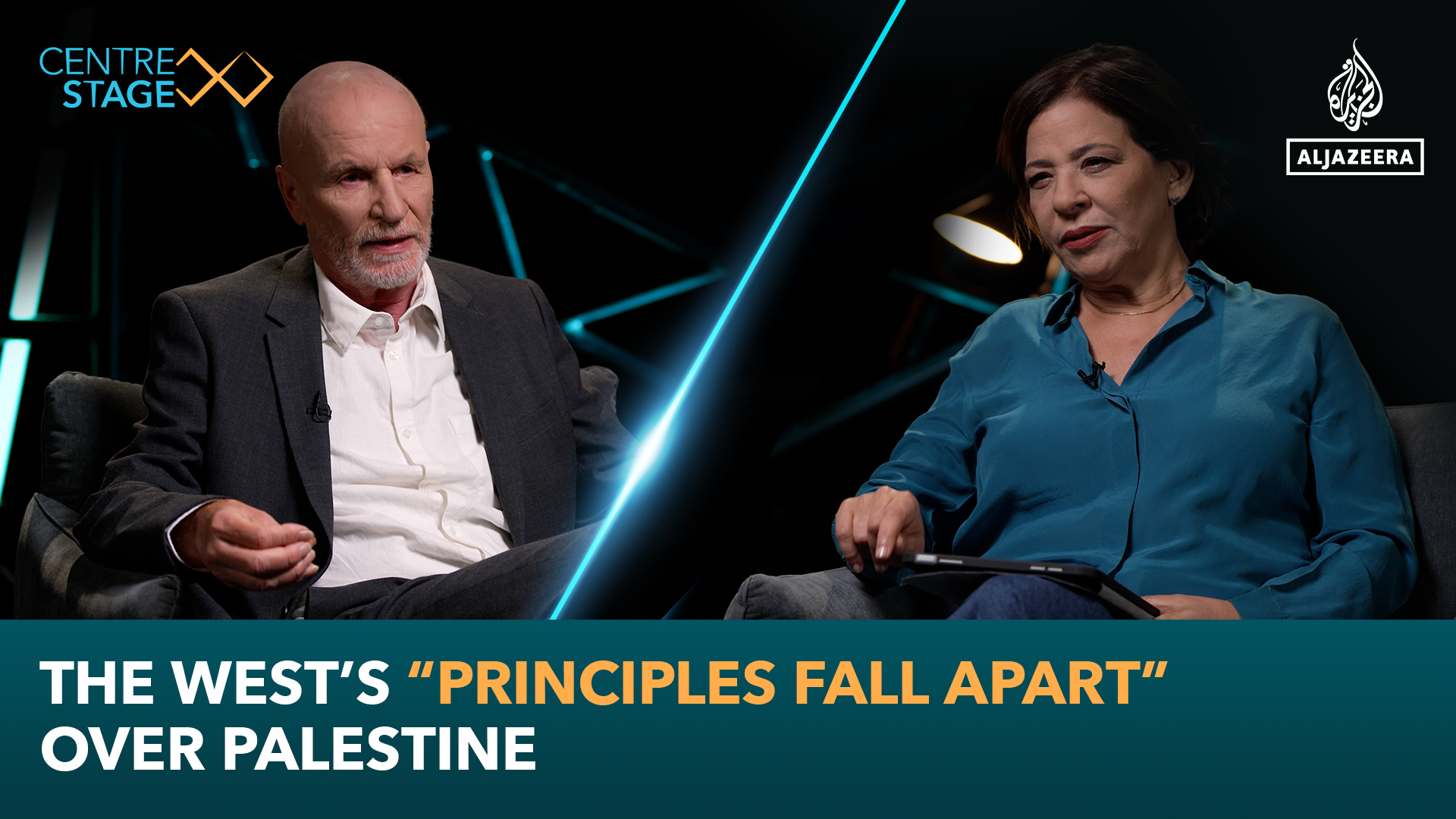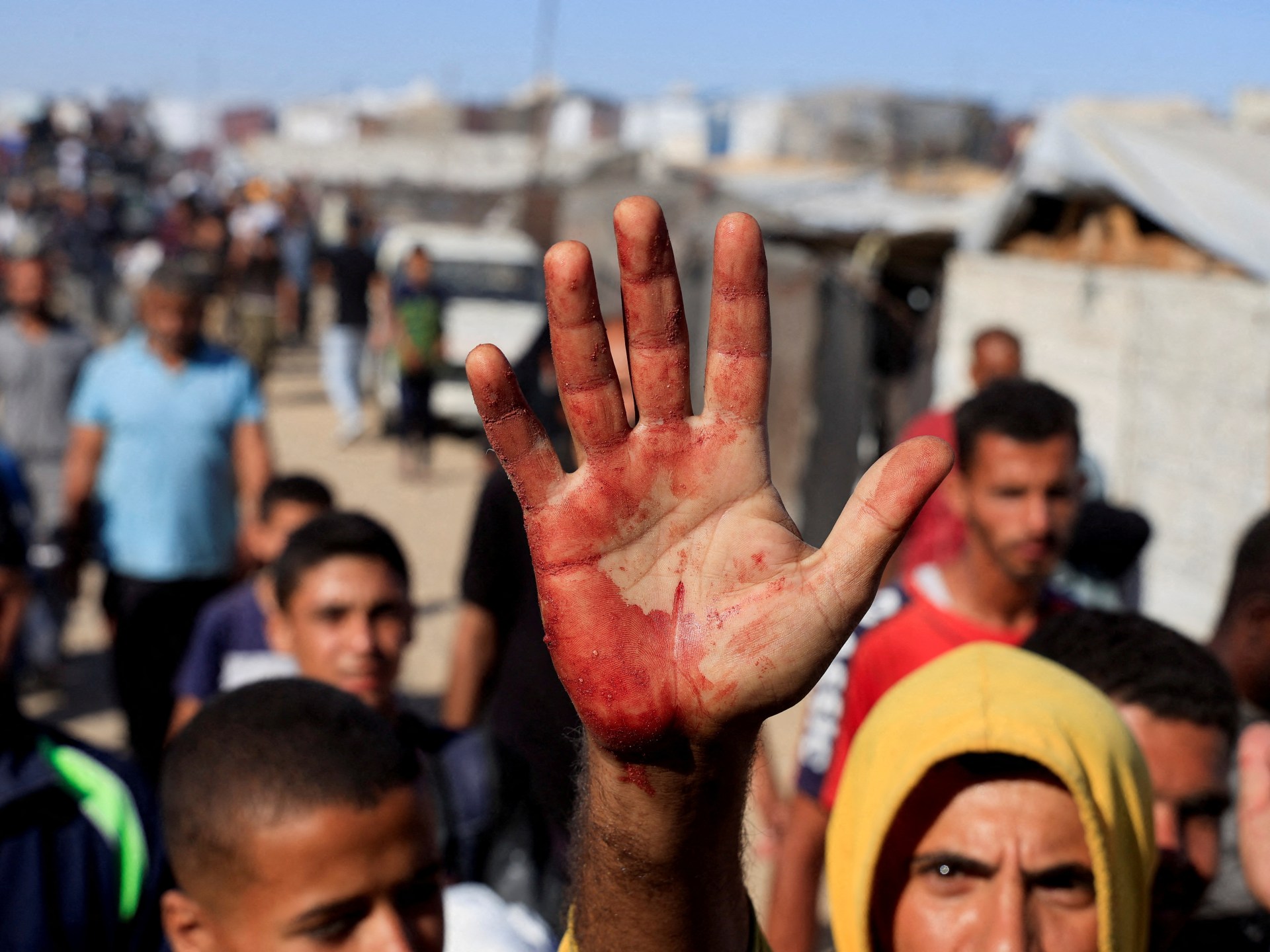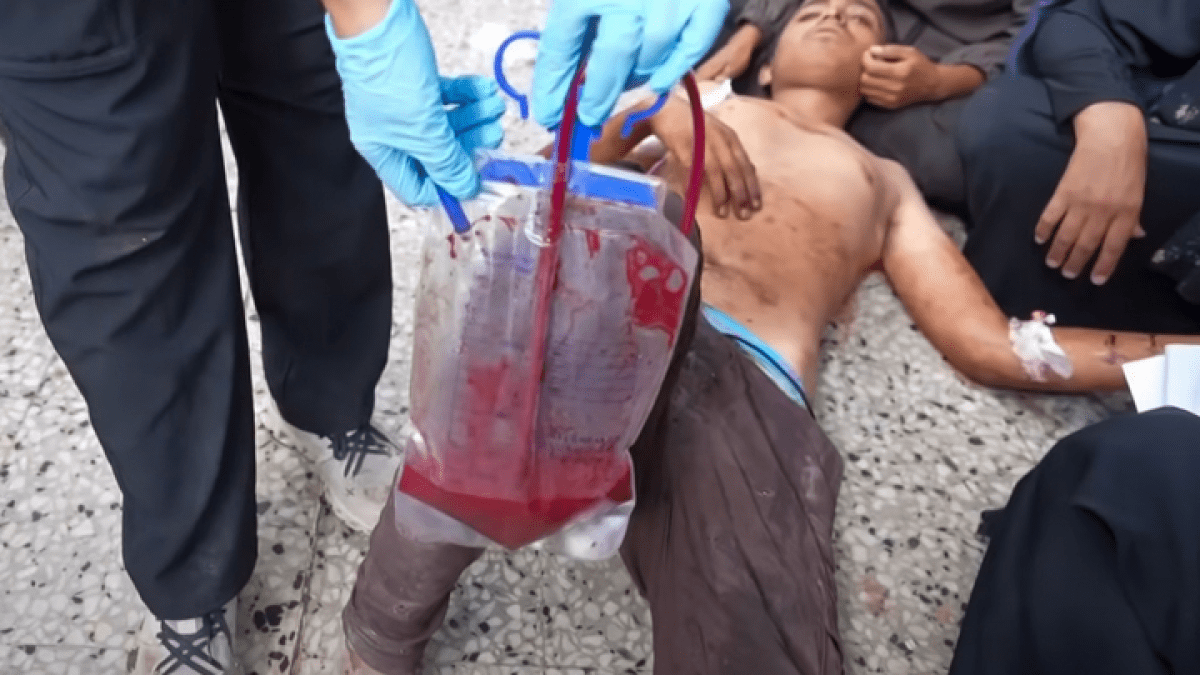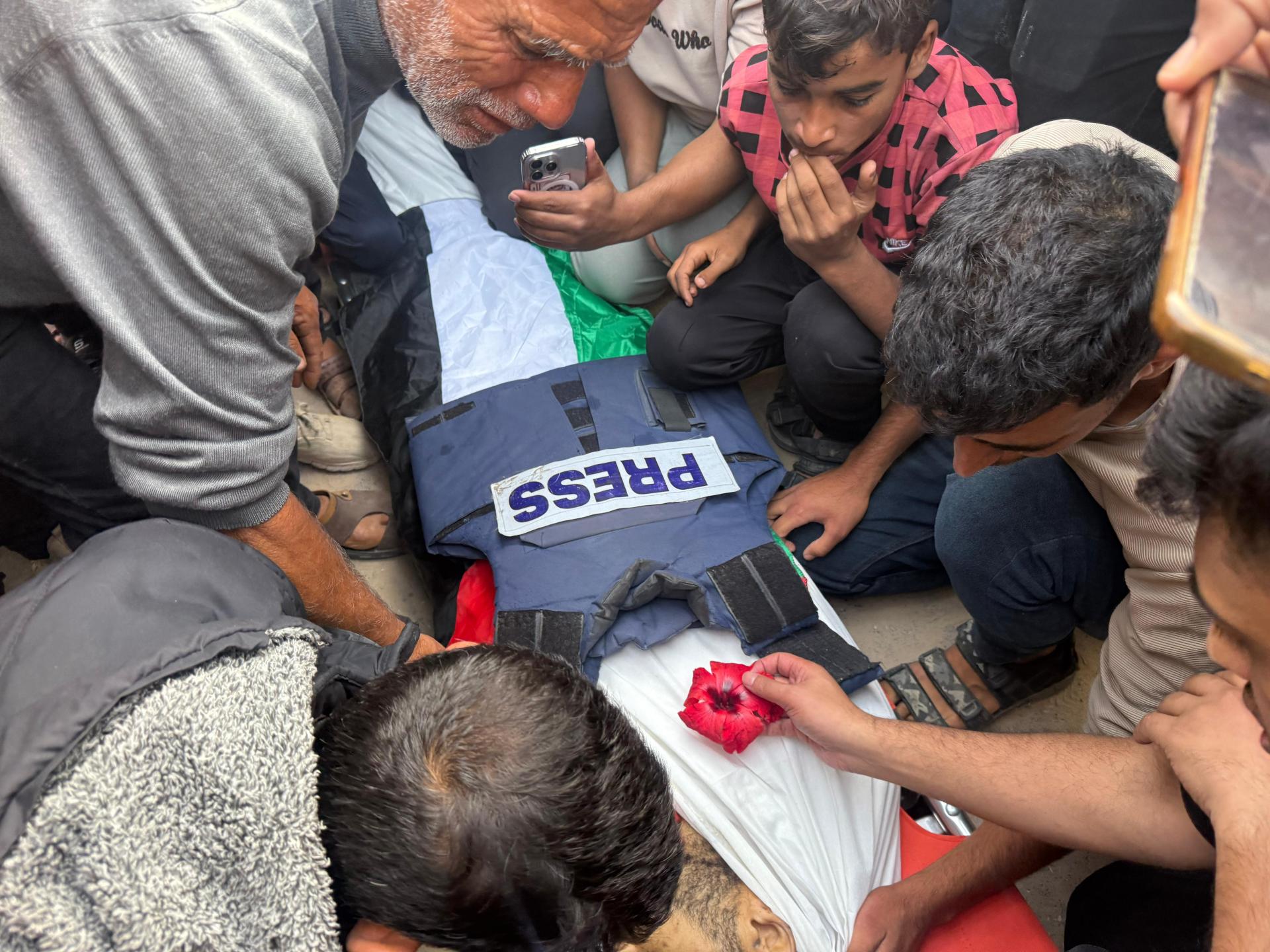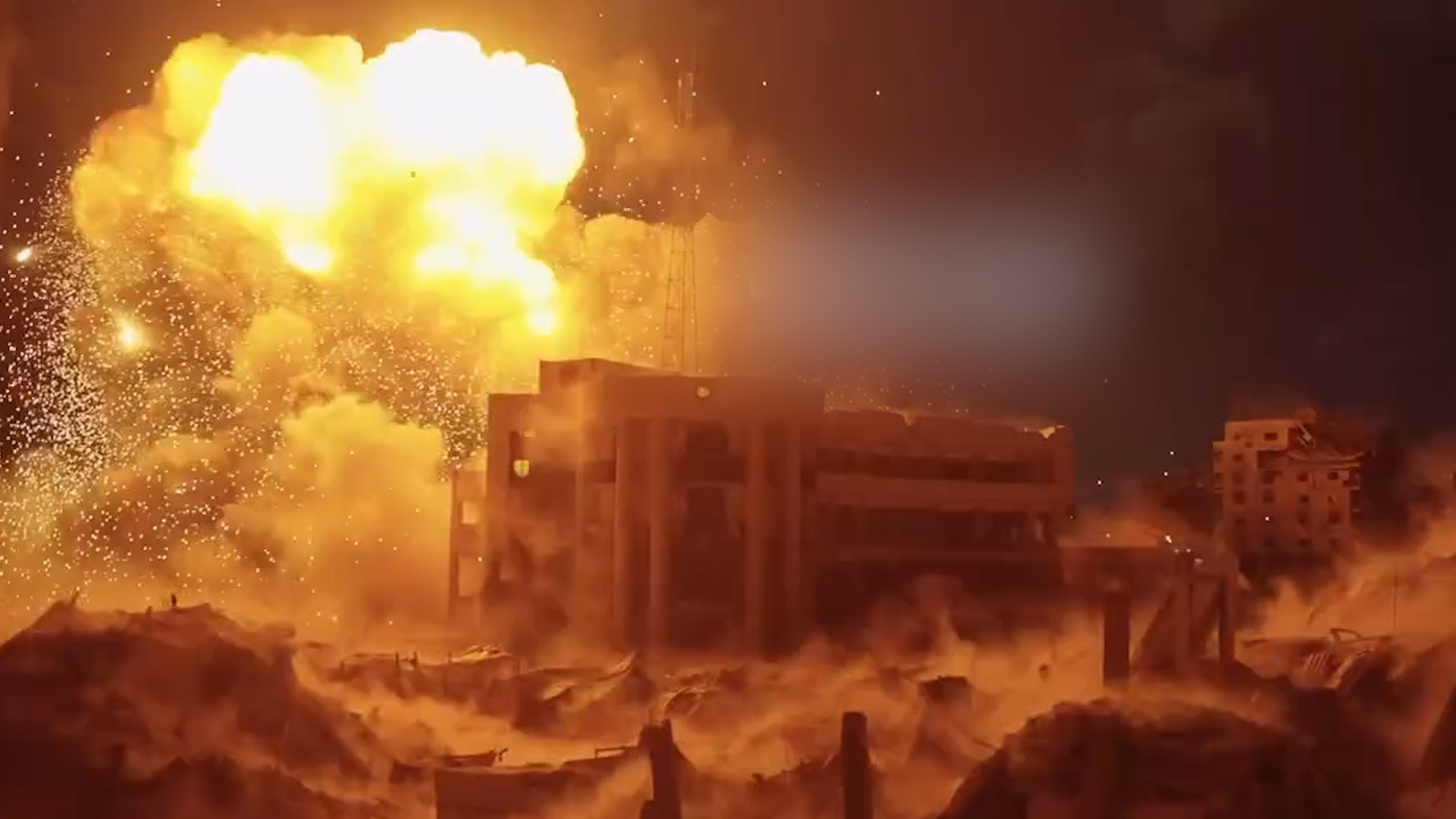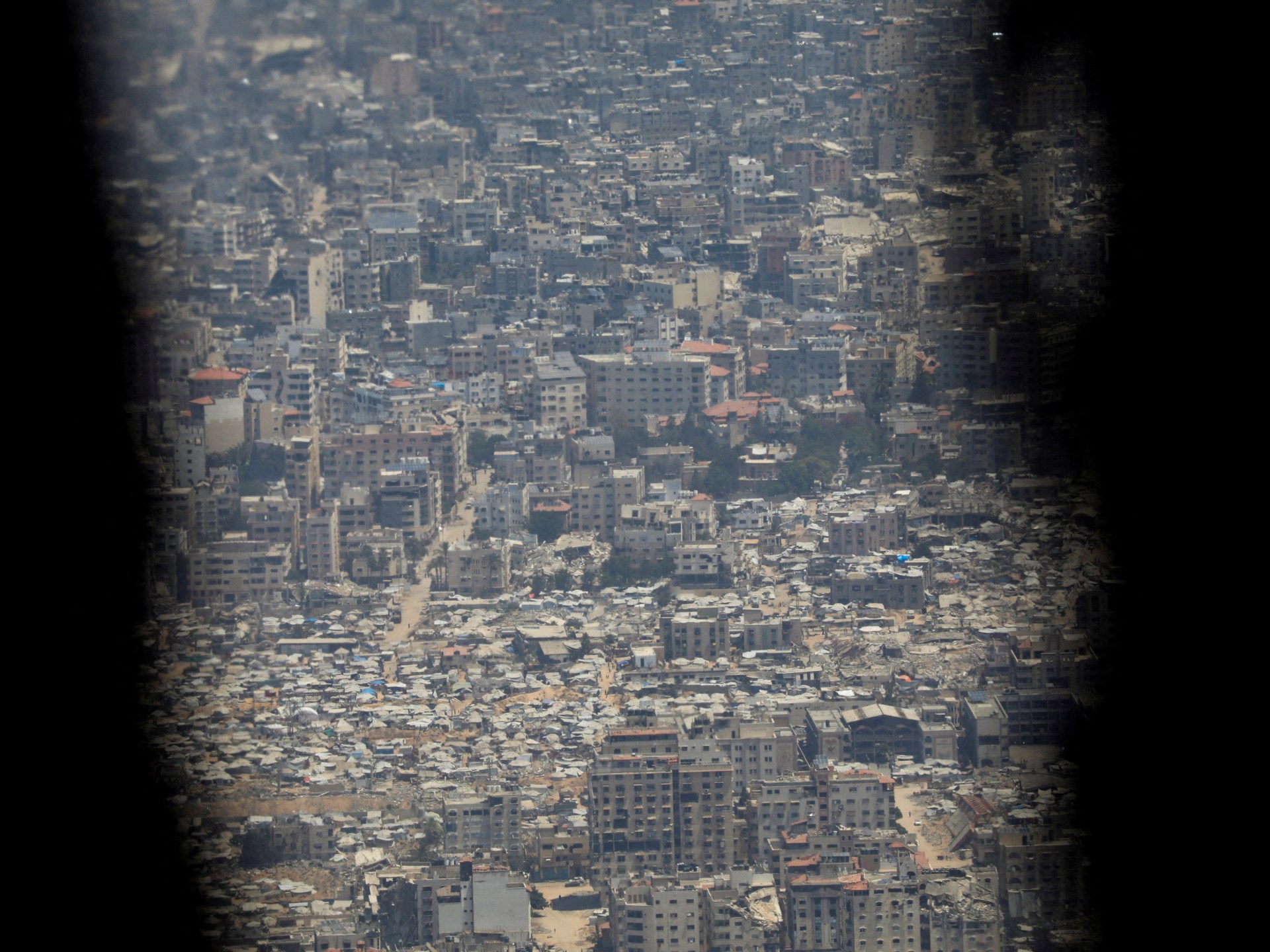In my Gaza maternity ward, life and death coexist, but so does hope | Gaza News
It is 2am in the obstetrics and gynaecology emergency department of Assahaba Medical Complex in Gaza City. Through the open windows, I can hear the never-ending hum of drones in the sky above, but aside from that, it is quiet. A breeze flows through the empty hall, granting relief from the heat, and a soft blue glow emanates from the few lights that are on. I am six months into a yearlong internship and 12 hours into a 16-hour shift. I am so tired that I could fall asleep here at the admissions desk, but in the calm, a rare sense of peace envelopes me.
It is soon shattered by a woman crying in pain. She is bleeding and gripped by cramps. We examine her and tell her that she has lost her unborn baby – the child she has dreamed of meeting. The woman was newly married, but just a month after her wedding, her husband was killed in an air raid. The child she was carrying – a 10-week-old embryo – was their first and will be their last.
Her face is pale, as though her blood has frozen with the shock. There is anguish, denial, and screams. Her screams draw the attention of others, who gather around her as she falls to the ground. We revive her, only to return her to her suffering. But now she is silent – there are no cries, no expression. Having lost her husband, she now endures the pain of losing what she hoped would be a living memory of him.
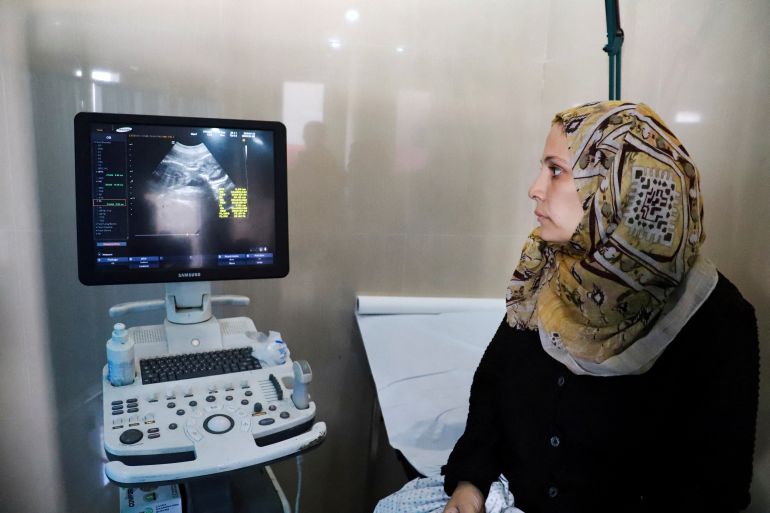
Life insists on arriving
It is my sixth night shift in obstetrics and gynaecology. I am supposed to rotate through other departments – spending two months in each – but I have already decided to become a gynaecologist during this rotation. Being in this ward brings joy to my life – it is where life begins, and it teaches me that hope is present regardless of the terrible things we are enduring.
Giving birth in a war zone – amid bombing, hunger, and fear – means life and death coexist. Sometimes, I still struggle to understand how life insists on arriving in this place surrounded by death.
It amazes me that mothers continue to bring children into a world in which survival feels uncertain. If the bombings don’t take us, hunger might. But what surprises me most is the resilience and patience of my people. They believe their children will live on to carry an important message: That no matter how many you have killed, Gaza responds by refusing to be erased.
Childbirth is far from easy. It is physically and emotionally exhausting, and mothers in Gaza endure excruciating pain without access to basic pain relief. Since March, the hospital has seen a severe shortage of basic supplies, including pain relief medication and anaesthetics. When they cry out as I stitch their tear wounds without anaesthesia, I feel helpless, but I try to distract them by telling them how beautiful their babies are and reassuring them that they have gotten through the hardest part.
With constant hunger here, many pregnant women are fatigued and do not gain enough weight during pregnancy. When the time comes to deliver, they are exhausted even before they begin to push. As a result, their labour can be prolonged, which means more pain for the mother. If a baby’s heartbeat slows, she might need an emergency Cesarean section.
Practicing medicine here is far from ideal. Hospitals are overwhelmed, and resources are severely limited. We’re constantly battling shortages of medical supplies. On every night shift, I work with one gynaecologist, three nurses and three midwives. I usually deal with the easier tasks, such as assessing conditions, suturing small tear wounds, and assisting with normal deliveries. A gynaecologist takes the more complicated cases, and a surgeon performs the elective and emergency Caesarean sections.
The surgeon always reminds us to minimise the consumption of gauze and sutures as much as possible, and to save them for the next patient who may arrive in desperate need. I try to discard and replace gauze only after it is completely saturated with blood.
Power outages make things even more difficult. The electricity cuts out several times a day, plunging the delivery room into darkness. In those moments, we have no choice but to switch on our phone flashlights to guide our hands.
During a recent shift, the electricity went out for nearly 10 minutes after a baby was born. The mother’s placenta hadn’t been delivered yet, so we used our phone lights to help her.
Many of the best medical professionals in Gaza have been killed, like Dr Basel Mahdi and his brother, Dr Raed Mahdi, both gynaecologists. They were killed while on duty at Mahdi Maternity Hospital in November 2023. Countless others have fled Gaza.
Most of the time, the doctors around me are too overworked to offer guidance or teach me the practical skills I had hoped to learn, though they try their best.
Still, some moments pierce through the exhaustion and remind me why I chose this path in the first place. These encounters stay with me longer than any lecture or textbook could.
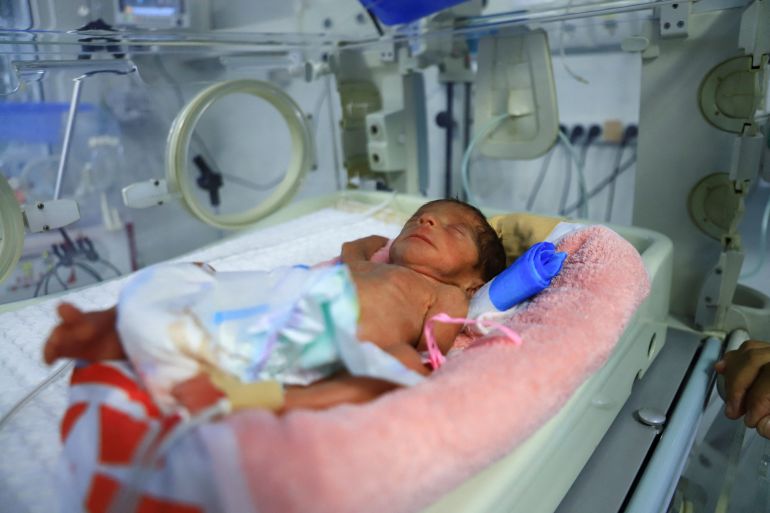
At dawn, a new baby
During one shift, a pregnant woman came in for a routine check-up, accompanied by her five-year-old daughter, whose smile lit up the room. She had come to learn the baby’s gender.
As I prepared the ultrasound, I turned and playfully asked the little girl, “Do you want it to be a boy or a girl?”
Without hesitation, she said, “A boy.”
Surprised by her certainty, I gently asked why. Before she could respond, her mother quietly explained. “She doesn’t want a girl. She’s afraid she’ll lose her – like she lost her older sister, who was killed in this latest attack.”
Another day, a woman in her tenth week of pregnancy came to the obstetrics clinic after being told by a doctor that her baby’s heart was not beating. As I performed an ultrasound to check the fetus, to my surprise and relief, I detected a heartbeat.
The woman cried with joy. On that day, I witnessed life where it was thought to have been lost.
Tragedy touches every part of our lives in Gaza. It is woven into our most intimate moments, even around the joy of expecting a new life. Safety is a luxury we’ve never known.
At 6am, as dawn breaks on the morning of my shift, we welcome a new baby born to a mother from the Jabalia camp in northern Gaza, an area surrounded by Israeli soldiers and tanks. As the first rays of sunlight pierce the delivery room, the mother cries happy tears, her face flushed as she hugs her baby girl.
Having endured a night filled with fear, missiles, and snipers, the mother and her family managed to reach the hospital safely. In this moment, they celebrate and find a reason to hope again.
